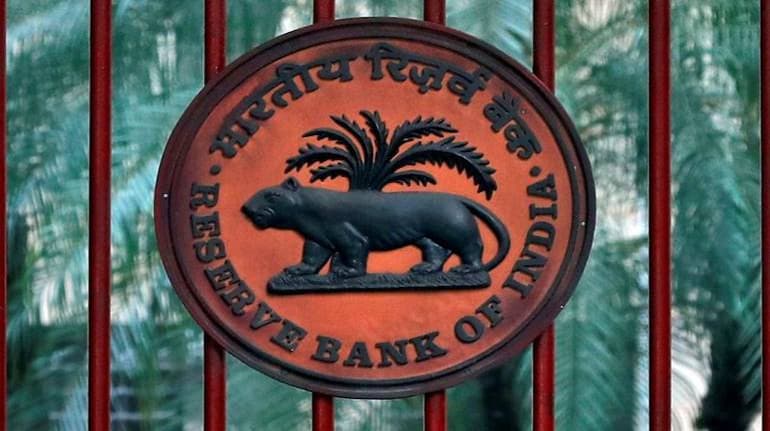



The Reserve Bank of India (RBI) on December 27 released the directions on lending and borrowing in government securities (G-Sec).
The measures were announced to add depth and liquidity to the government securities market and aid efficient price discovery.
The central bank had proposed the directions in its February monetary policy and a draft was released on February 17 to invite comments from banks, market participants and other interested parties.
These directions shall come into immediate effect, the central bank said.
As per the directions, G-Sec issued by the Union government excluding Treasury Bills (T-Bill) shall be eligible for lending/borrowing under a GSL transaction.
“Securities obtained under a repo transaction, including through Reserve Bank’s Liquidity Adjustment Facility, or borrowed under another GSL transaction shall also be eligible to be lent under a GSL transaction,” directions said.
Further, the directions said that G-Sec, including T-Bills and state government bonds, shall be eligible for placing as collateral under a GSL transaction.
The minimum tenor of a GSL transaction shall be one day and the maximum tenor shall be the maximum period prescribed to cover short sales, release said.
The transactions of government securities lending may be contracted using any mutually agreed trading process/platform, including but not limited to, bilateral or multilateral, quote driven or order driven process, anonymous or otherwise.
On settlement front, the central bank said that all GSL transactions shall settle on a Delivery versus Delivery basis.
Further it said the first leg of all GSL transactions shall settle either on a T+0 or T+1 basis and transactions shall settle through Clearing Corporation of India Ltd. (CCIL) or any other central counterparty or clearing arrangement approved by the Reserve Bank for the purpose.
Securities/collateral under a GSL transaction shall be valued transparently at prevailing market prices in the first leg of the transaction and haircut/ margins relating to GSL transactions shall be decided by the central counterparty settling the transactions, release said.
The Securities borrowed by entities under a GSL transaction may be sold either through an outright or a repo transaction or used for meeting a delivery obligation in a short sale, or used for availing Reserve Bank’s Liquidity Adjustment Facility, or Lent under another GSL transaction, or placed as collateral under another GSL transaction.
Securities placed as collateral may be substituted by the borrower with other eligible securities in terms of the rules of the central counterparty, directions said.
All GSL transactions shall be reported to the CCIL, or any other agency approved by the Reserve Bank for the purpose, within 15 minutes of execution, by both counterparties to the transaction or by the ETP operator concerned, as the case may be and any misreporting or multiple reporting of the same OTC market deal by a counterparty shall be immediately brought to the notice of CCIL or the agency.
The directions also pointed out that the Reserve Bank may call for any information or statement or seek any clarification, which in the opinion of the Reserve Bank is necessary, from persons or agencies dealing in GSL transactions.
Discover the latest Business News, Sensex, and Nifty updates. Obtain Personal Finance insights, tax queries, and expert opinions on Moneycontrol or download the Moneycontrol App to stay updated!
Find the best of Al News in one place, specially curated for you every weekend.
Stay on top of the latest tech trends and biggest startup news.